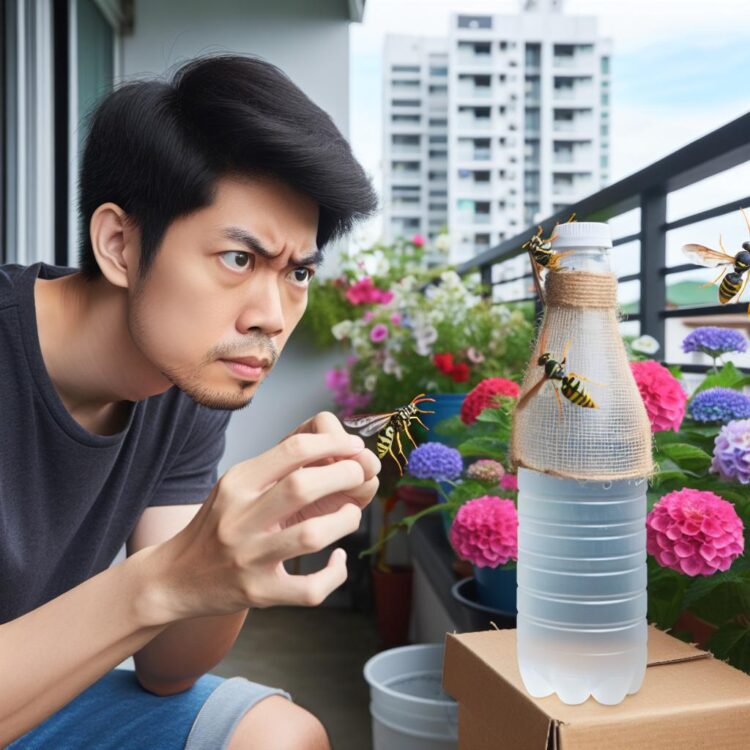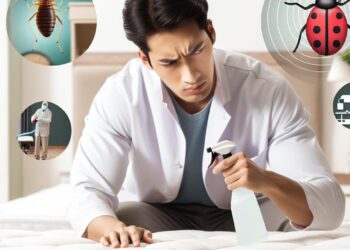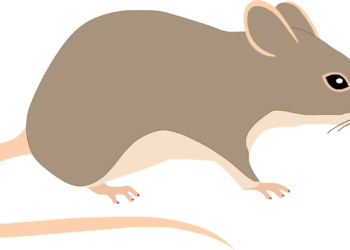Got a wasp problem buzzing around your space? You’re not alone! Dealing with unwanted wasps, sometimes referred to in a light-hearted sense as “easy wasp catche,” can be quite the nuisance, affecting your home, health, and even your business. These stingy critters love to make themselves at home in garden sheds, rooftops, and other cozy nooks, potentially leading to painful encounters or allergic reactions. But fret not—this blog is here to guide you through effective strategies for managing and preventing wasp invasions. We’ll break down the issues these insects cause and provide practical, easy-to-follow solutions to keep your environment wasp-free!
Understanding the Concept of ‘Easy Wasp Catche’ and Its Traits
Ah, the humble “easy wasp catche,” which is really just a straightforward trap to nab those pesky wasps that buzz around and, well, get on your nerves. Wasps are those striped insects you often find near your picnic basket or around your garden. They love hanging out in places that provide them with enough food and shelter—think gardens, attics, or any cozy nook around your house. Wasps are also quite social and build their nests in places where they can thrive collectively. Spotting a wasp infestation is fairly simple if you know what to look for. You might see these pesky critters flitting around more than usual, or you might notice a papery nest tucked away under a roof or ledge. Wasps can be a bit of a health risk too. Their stings aren’t just painful, but they can trigger allergic reactions in some people. Keep your eyes peeled for these signs so you can act swiftly!Common Issues with Using an Easy Wasp Catcher
Dealing with pests isn’t just about unsightly critters making themselves at home. It’s about the real problems they can cause. Here are some common issues caused by pests that you might not expect:- Structural Damage: Many pests, like termites and rodents, have a knack for gnawing through wood and insulation. Over time, this can weaken the structure of your home, leading to costly repairs.
- Health Risks: Pests can pose significant health risks. Think about how many times you’ve heard about diseases spread by mosquitoes or the allergies triggered by cockroaches. It’s not just inconvenient; it’s a serious health concern.
- Food Contamination: Imagine opening your pantry to find your food gnawed and contaminated by rodents or insects. It’s not just the loss of the food item but also the risk of disease that food contamination can pose.
- Property Devaluation: Potential buyers are often wary of purchasing a home with pest problems. The presence of pests can devalue your property, as future owners are likely to face the same issues, spending additional money after purchasing.
- Damage to Pets and Gardens: Your furry friends and beautiful gardens aren’t off the hook either. Fleas and ticks love to latch onto pets, while slugs, snails, and other insects can destroy garden plants, ruining your hard work.
- Increased Stress: Let’s not forget the peace of mind that goes out the window when battling an infestation. The persistent buzzing of insects or scurrying sounds at night can cause stress, affecting your overall wellbeing.
- Unexpected Costs: From replacing damaged items to calling in the professionals, pests can lead to unexpected expenses that drain your wallet faster than you might think.
Natural and Home Remedies for Effortless Wasp Catching
- Essential Oils: Essential oils aren’t just for relaxing baths or making your home smell lovely; they’re pretty effective wasp repellers too. Peppermint oil, in particular, works wonders on these buzzing nuisances. Mix around ten drops in a spray bottle with water and give a few spritzes near wasp-prone areas. This natural deterrent sends wasps packing due to its strong scent.
- Vinegar Traps: Vinegar is not just for your chip shop orders! Create a vinegar trap by filling a jar with a mix of apple cider vinegar and water. Make sure to punch a few holes in the lid so wasps can enter. They’ll be attracted by the sweet scent, but once inside, they won’t find their way out.
- Natural Predators: Surprisingly enough, welcoming some nature’s helpers can be a game-changer. Birds like blue tits eat wasps, so encouraging birds with feeders around your garden can be pretty effective in keeping those pesky wasps at bay. It’s nature working its magic!
- Herbs: Planting wasp-repellent herbs like mint, eucalyptus, and wormwood around your garden can create a natural barrier. Wasps dislike the strong scents from these plants, so they just choose to stay away. Plus, you get the bonus of fresh herbs for cooking!
- DIY Wasp Traps: If you fancy a bit of crafting, you can make a trap with just a plastic bottle. Cut the top off, invert it, and secure it back into the bottom. Add some sweet syrup or fruit juice into the bottom section. Wasps will fly in for the treat but won’t find their way out. Simple but effective.
Chemical solutions quickly target and eliminate wasp nests effectively.
When dealing with wasps, sometimes a quick and effective method like chemical treatment becomes necessary. Let’s dive into some of the most effective options for controlling these persistent pests. -
Cypermethrin: A versatile insecticide, cypermethrin can be sprayed directly on wasp nests from a safe distance. This chemical disrupts their nervous systems, leading to their swift eradication. A follow-up treatment may be needed to ensure all wasps are eliminated.
-
Permethrin: Found in many commercial wasp control products, permethrin is applied as a spray or dust directly on the nest. It’s a synthetic chemical that mimics natural insecticides from chrysanthemums, acting effectively against wasps by paralyzing their nervous systems. An evening treatment is recommended when wasp activity is lower.
-
Diazinon: Though less common now due to environmental concerns, Diazinon is a potent chemical that, when sprayed, offers immediate results against wasps and other pests. Ensure proper protective gear when applying, and avoid using it in areas where children or pets might come into contact.
-
Deltamethrin: This chemical can be sprayed around entry points and the wasp nest to deter wasps from returning. It provides a lasting residual effect, which makes it a suitable option for ongoing protection. Evening or early morning applications are best, as this is when wasps are less active.
Effective Prevention Tips to Keep Wasps Away from Home
It’s important to stay on top of potential pest problems before they become absolute nightmares. An effective way to ensure your home stays pest-free is by adopting prevention strategies. Here’s a structured list to guide you through:- Proper Waste Disposal and Cleanliness: Keep your home tidy and dispose of rubbish regularly. Pests like rodents and cockroaches are attracted to leftover food and rubbish bins.
- Sealing Entry Points and Cracks: Regularly inspect your home for cracks and holes that might serve as entry points for pests. Use caulk or other appropriate materials to seal them.
- Using Pest Deterrents: Install screens on windows and doors to prevent pests from entering. Consider using natural deterrents like essential oils or herbs, which can be effective and non-toxic.
- Regular Inspections and Maintenance: Schedule regular inspections for signs of pests. Look for droppings, nest materials, or unusual smells. If needed, consult professional pest control services for a thorough check.
- Garden Maintenance: Keep your garden neat and remove any debris, as these can attract pests. Trim trees and bushes to keep them from touching your house, preventing easy access to pests.
- Proper Food Storage: Store food items in airtight containers to keep them safe from pests. Ensure your pantry is clean and free of crumbs.
- Check for Leaks: Fix any leaks promptly, as moisture can attract pests like termites and mould-producing insects.
- Pet Care: If you have pets, make sure their bowls are clean and food is not left out for too long, as this can attract pests like ants or flies.
Debunking Common Myths About Easy Wasp Catchers
| Myth | Fact |
|---|---|
| Catching wasps is complicated and risky. | Using simple traps and protective gear makes catching wasps quite manageable and safe. |
| All wasp traps are harmful to the environment. | Many traps are eco-friendly, utilizing natural or non-toxic ingredients for effective pest control. |
| Wasps are only active in the summer. | Wasps can be a problem in late spring and early autumn, so monitoring is essential during these times. |
| Once you’ve caught a few wasps, the problem is solved. | Wasps can reproduce rapidly, so consistent efforts and monitoring are necessary to control them effectively. |
| Easy wasp catching methods don’t work. | Simple traps, like those using sugary bait, can effectively reduce wasp numbers if used correctly and regularly. |

















